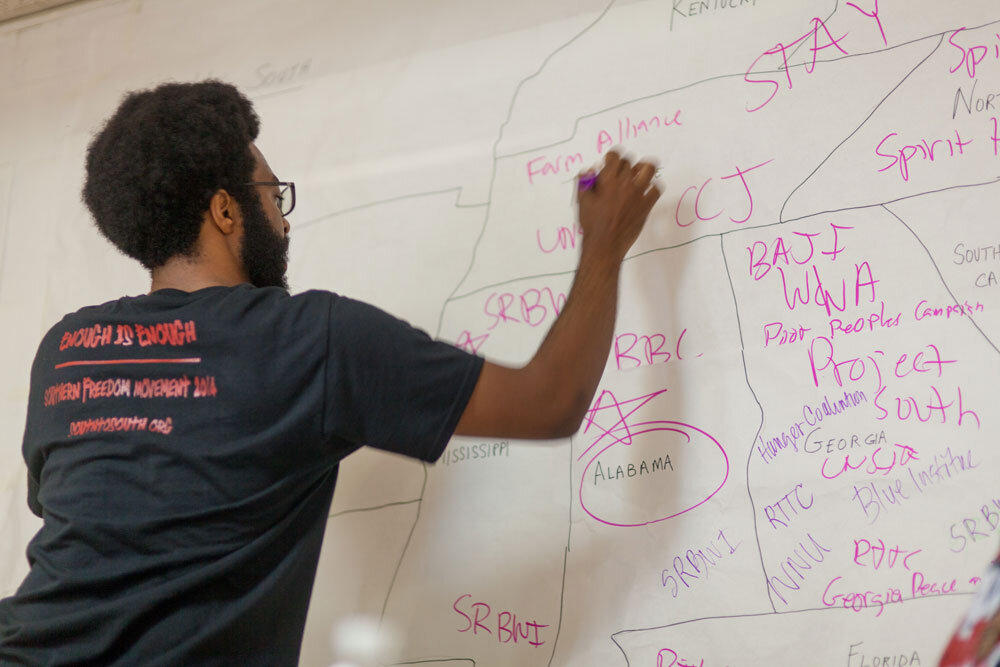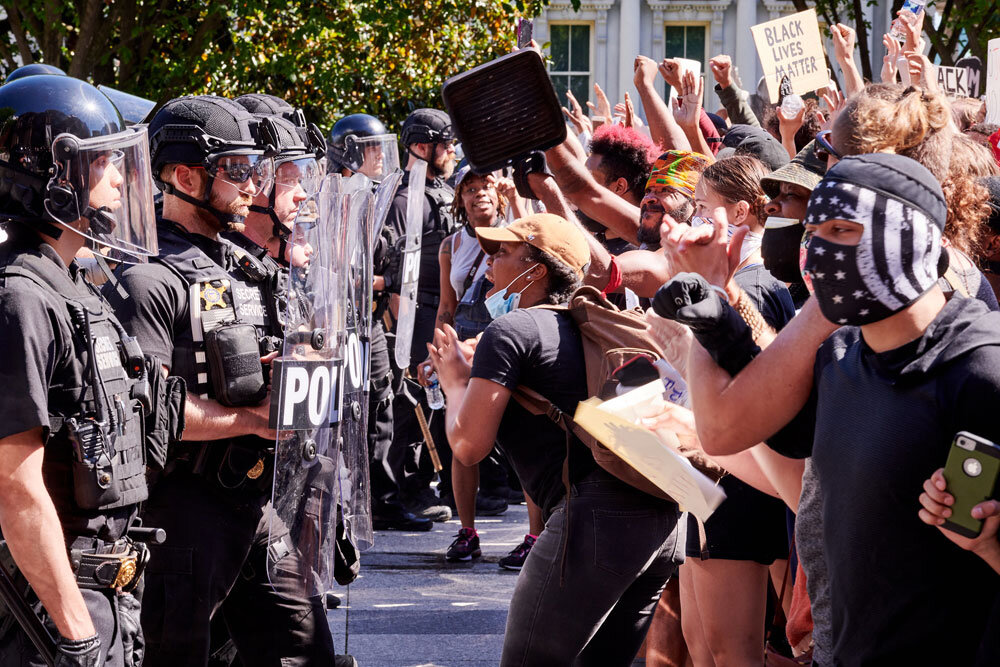
BLACK PHILANTHROPY MONTH: INTERVIEW WITH WILL CORDERY
So much of my philanthropic advising work is to center the importance of Black liberation—all liberation is tied to Black liberation. In the Black communities where I’ve lived, I’ve found chosen family, given and received love, and remained accountable to racial justice and Black liberation.

Stay Mad: The Path to Freedom in the US Runs through the South
The 2020 presidential election outcome in Georgia is an important moment. Building a movement for liberation, however, requires a longer-term vision and view.

Dear Philanthropy: These Are the Fires of Anti-Black Racism
My call to philanthropy: fund racial justice. Fund the hell out of it. Fund racial justice work that centers organizing and power-building to counter anti-Blackness. Fund racial justice work that centers the lived experiences, leadership, and communities of Black people. Fund spaces that foster a radical imagination and the creation of new ways of being that could potentially replace centuries of systemic and structural racist practices in our society.

Sit in It: Philanthropy Must Embrace Discomfort and Rapid Change on the Road to Achieving Equity
When Alton Sterling and Philando Castile were murdered last summer, they joined a long list of Black people slain through state-sanctioned violence, a pile of dead Black and Brown bodies for whom no one was accountable. We also watched in horror as police used pepper spray, rubber bullets and concussion cannons, and dogs to fight peaceful protestors at the Standing Rock Sioux Tribe who were protecting their land, cultural sites and water from the Dakota Access Pipeline. These processes are becoming so familiar to the modern American psyche that their almost now as rote as arithmetic. Black and Brown and Native communities demanded justice. The headlines sensationalized and stirred passions. Leaders gave empathetic, but careful speeches.
